XXIII ACADEMY
XXIII Academia de Órgano
Fray Joseph de Echevarría
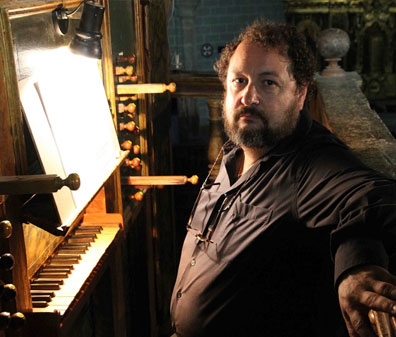
Javier ARTIGAS
Departement Chief at Departamento de Música Antigua del Conservatorio Superior de Murcia.
Born in Zaragoza, Javier Artigas began his musical education in Escolania de Infantes del Pilar. He studied organ and…
+ INFO
Printed sources of keyboard music in the Iberian Peninsula
in the 16th century
Gonzalo de Baena (ca. 1476 – after 1540)
Arte novamente inventada per aprender a ta[n]ger, Lisboa, 1540
Luys Venegas de Henestrosa (ca. 1510 – 1570)
Libro de cifra nueva, Alcalá, 1557
Antonio de Cabezón (1510 – 1566)
Obras de Musica para tecla, arpa y vihuela, Madrid, 1578
This session will focus on the three main practical sources for keyboard music printed during the 16th century: Arte novamente inventada per aprender a ta[n]ger written by Gonçalo de Baena (Lisboa, German Galharde, 1540), Libro de cifra nueva published by Luys Venegas de Henestrosa (Alcalá, Juan de Brocar, 1557) and the famous Compendio de Musica de Antonio de Cabeçon, published by his son Hernando de Cabeçon (Madrid, Francisco Sánchez, 1578).
Additionally we will explore examples from two excellent theorical and practical sources such as the Declaración de instrumentos musicales by the Franciscan Fray Juan Bermudo (Osuna, Juan de León, 1555) and the Arte de tañer Fantasía by the Dominican Fray Tomás de Santa María (Valladolid, Francisco Fernández de Córdoba, 1565). The different types of tablature (cifra) found on these sources will be explained and works from the three main sources will be performed and discussed. The glosados from the collection of works by Cabezón are also welcome in this session.
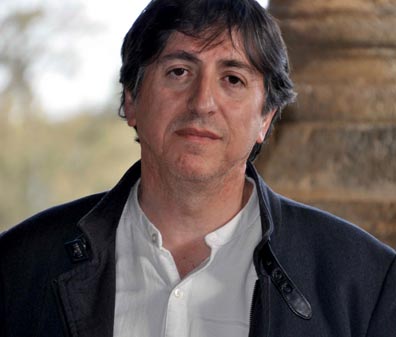
Roberto FRESCO
Organ Teacher of the CSKG of Madrid
Roberto Fresco is the Organist at Santa María la Real de La Almudena, Cathedral of Madrid…
+ INFO
The Iberian organ: between old and new
Francisco Correa de Arauxo (1584-1654)
Facultad Orgánica, Alcalá, 1626
Juan Cabanilles (1644-1712)
Cualquier obra
Antonio Martín y Coll (1680-1734)
Flores de Musica, 1706
Pensil deleitoso de suabes flores de mussica, 1707
Huerto ameno de varias flores de mussica, 1708, 1709
Varios autores*
Manuscritos del Monasterio de San Lorenzo del Escorial
Manuscrito de la Catedral de Astorga
Guy Bovet (1942)
Canciones Leonesas
Luis Pedro Braviz (1969)
El Ángel Dormido
Manuel Castillo (1930-2005)
Modo antiquo para órgano
Juan Alfonso García (1935-2015)
Cuatro piezas al viejo estilo
Adolfo Gutiérrez Viejo (1934)
Versos del Alto Porma
Robert Helmschrott (1938)
Tonadas y danzas del campo leonés
*Cristobal de San Jerónimo, Pedro Tafalla, Diego de Torrijos, Francisco Andreu, Francisco Vila, etc.
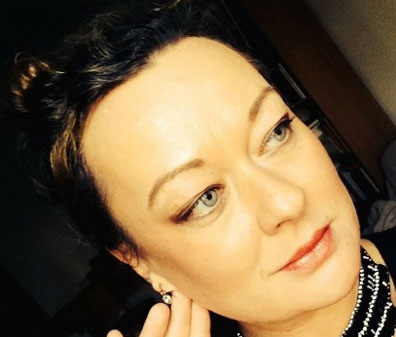
Mónica MELCOVA
Since September 2008, she started teaching improvisation at the Music Academy MUSIKENE in San Sebastian www.musikene.net
Monica Melcova received her first musical education at the age of five. After her studies at the Conservatoire…
+ INFO
The “style français” through the art of improvisation and ornamentation, based on works by Jacques Boyvin and Louis Marchand
Jacques Boyvin (1649 – 1706)
Premier Livre d’orgue
Louis Marchand (1669-1732)
Premier Livre pour orgue
Cinquième Livre pour orgue
Theory and practice of the tonal and modal harmony.
Melodic shape and phrasing.
Realization of figured and unfigured bass.
Study of the music forms and schools.
Elements in the Suite Française.
French style of ornamentation.
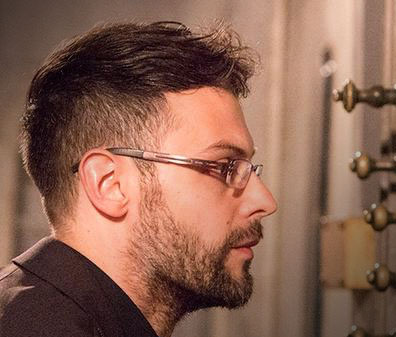
Roland DOPFER
Profesor de Órgano en la Hochschule für Musik, Theater und Medien en Hánover.
Dr. Roland Dopfer was born in Bavaria (Germany). He studied Catholic sacred music at Düsseldorf ́s Robert Schumann Academy of Music…
+ INFO
El Concerto en estilo Italiano
Johann Sebastian Bach (1686 – 1750)
Concerto G-Dur BWV 592
Concerto a-moll BWV 593
Concerto C-Dur BWV 594
Concerto d-moll BWV 596
Concerto d-moll BWV 974
Johann Sebastian Bach (free works).
SEMINARS AND LECTURES
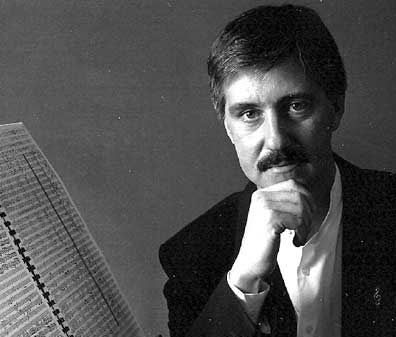
Enrique IGOA
Profesor de Composición del Real Conservatorio Superior de Música de Madrid.
Enrique Igoa studied music at the Real Conservatorio de Música de Madrid, Berklee College of Music, New England Conservatory in Boston (USA) and …
+ INFO
Organ music in post-civil war Spain
The current situation of the organ in Spain is dramatically different from that of other European countries like France, Germany or England. These differences lie across all aspects related to the instrument: its role in the liturgy and on the concert platform, as well as the new music written specifically for it.
This lecture will offer an insight into the present scenario of the organ in Spain, discussing the relevant historical context and focusing on the new music written during the last eighty years, including fragments from some of the main compositions.
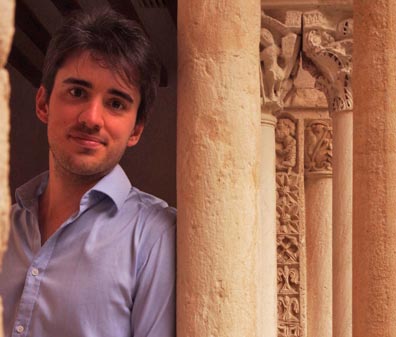
Gregoire ROLLAND
Profesor de composición, orquestación y escritura en el CRR en Avignon
The organ in the 21st century: between color and form
Today’s organ music in Europe comes from the many roots of the different countries that compose it. At the same time, the instrument has been able to take advantage, in its development, of the new technical and technological advances of the twentieth century, enabling it to be an important player in artistic creation. Two elements emerge in today’s music writing: color and musical form. These two axes will be explained in this conference, compared with the notion of historicity.
CLASSES
- The course will have a duration of 50 hours approximately.
- Academy teachers will offer 45 minutes individual lessons to those students who request them. Enrollment for these classes will be held in strict order of registration.
- There will be a maximum of 12 active students. Each one must take part at least in two masterclasses.
- The professors of the Academia and other guest organists will be giving recitals throughout the course.
- The students will participate in the closing concert on 26th July, held at the San Andrés Chuch of Carrión de los Condes.
- Some of the scores for the course can be provided on request.
ACCOMODATION
Information about accomodation in Palencia will be given by the organizers of the course when required.
APPLICATION
Please send your APPLICATION FORM and CV to: echevarria.org@telefonica.net.
ACTIVE PARTICIPANT
- Registration before May 31st (included): 150 €
- Registration after June 1st: 180 €
- Individual lesson: 25€
PASSIVE PARTICIPANT
- 80€.
Fee to be paid into the following bank account: IBAN: ES90 2108 2401 6500 3309 8696
Banco: UNICAJA BANCO
Registration deadline: Until 23th June, 2019
INFORMATION
Plaza de San Pablo, 8 E-34005 – Palencia
Teléfono: (+34) 629 878 681
Correo electrónico: echevarria.org@telefonica.net
www.aaopalencia.org
ORGANIZA

PATROCINA

Política de Privacidad
Aviso Legal
Política de Cookies
